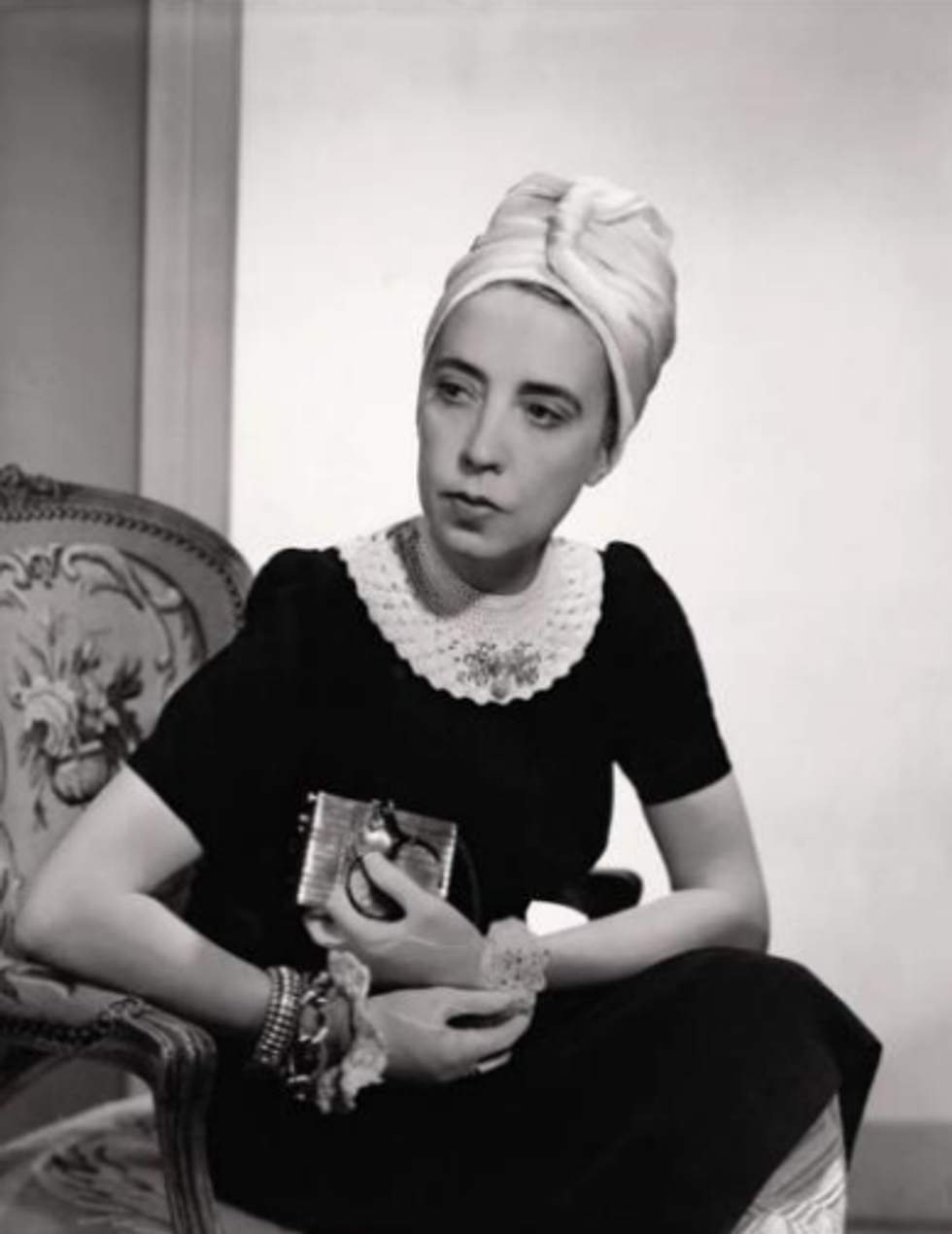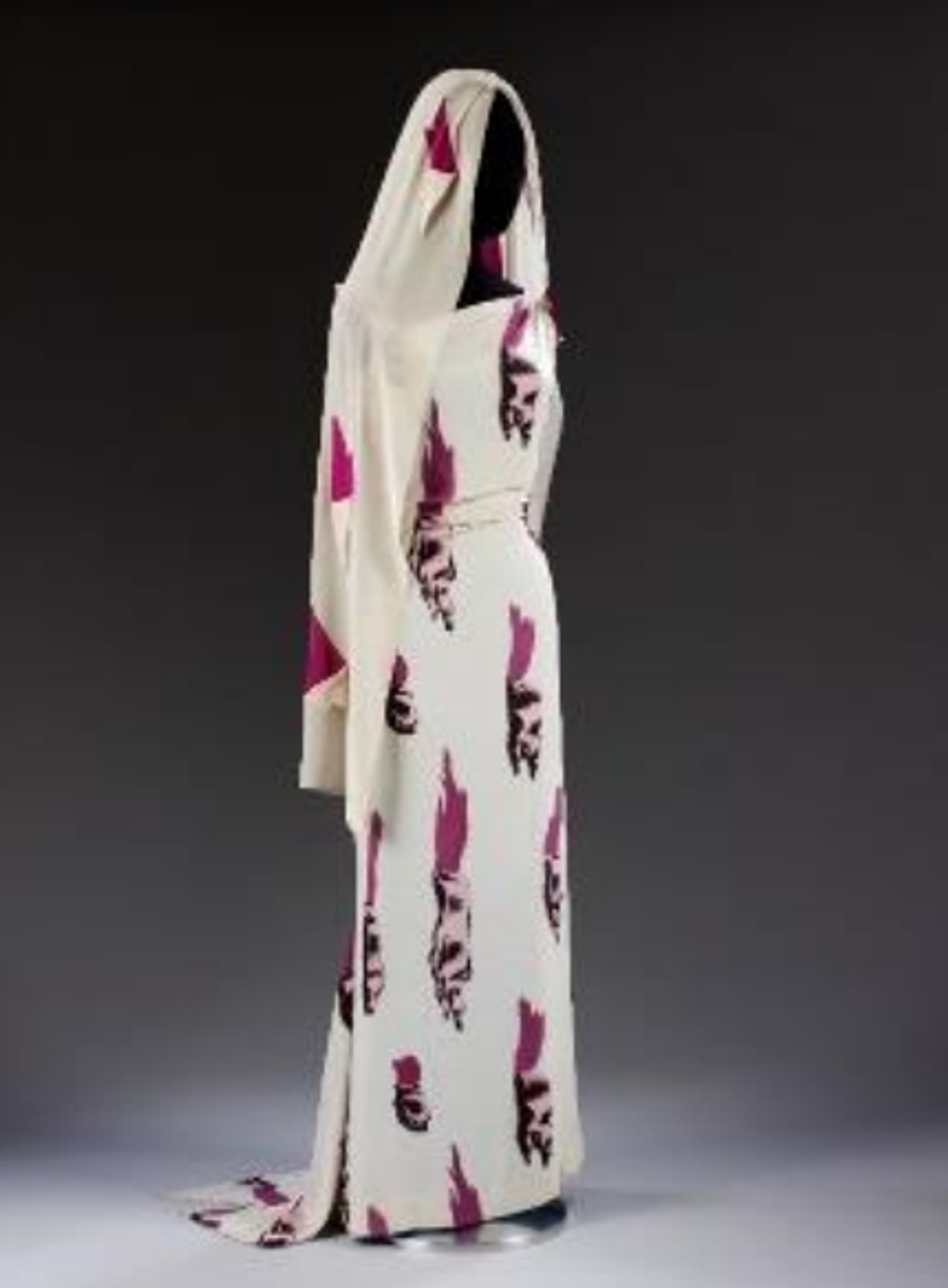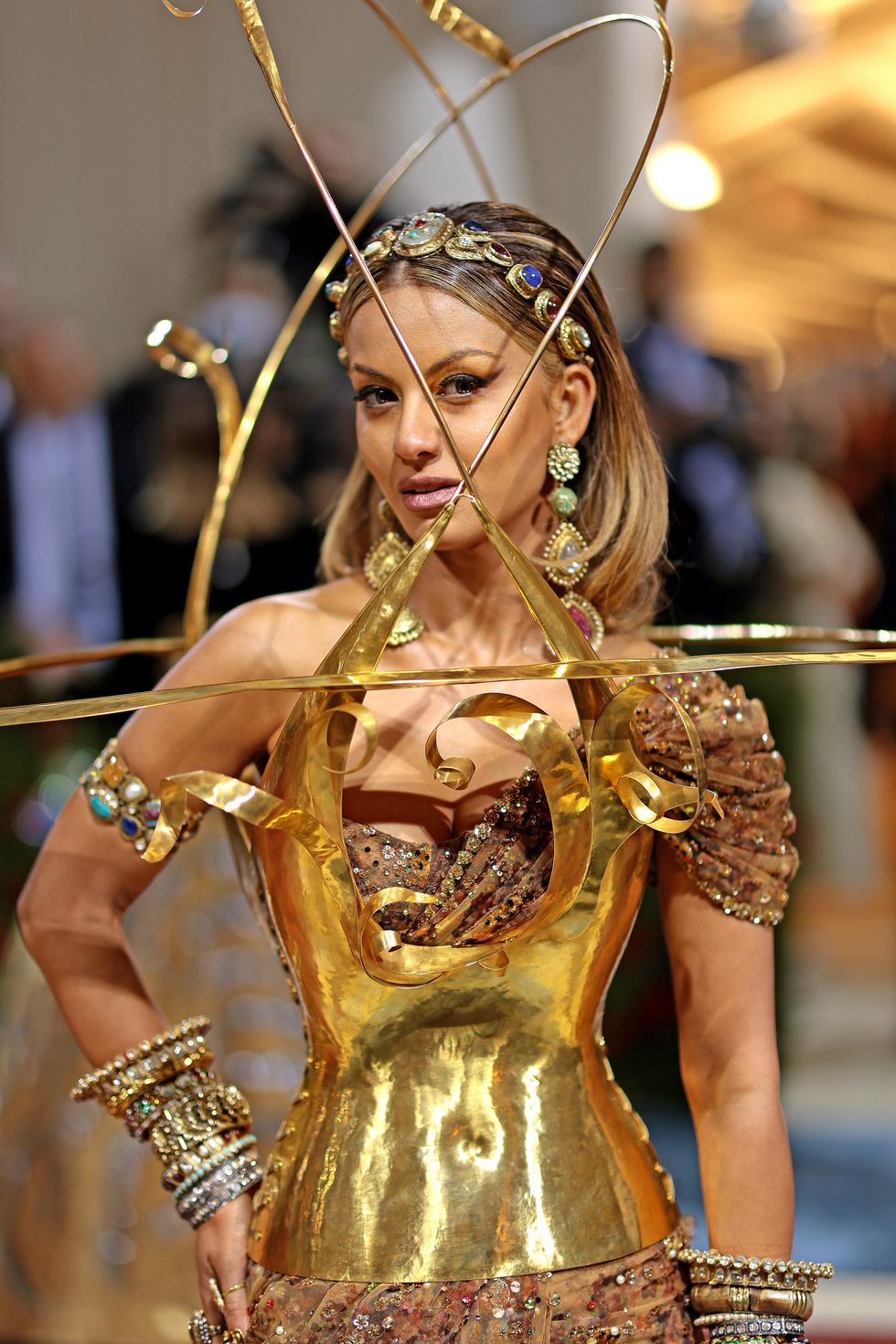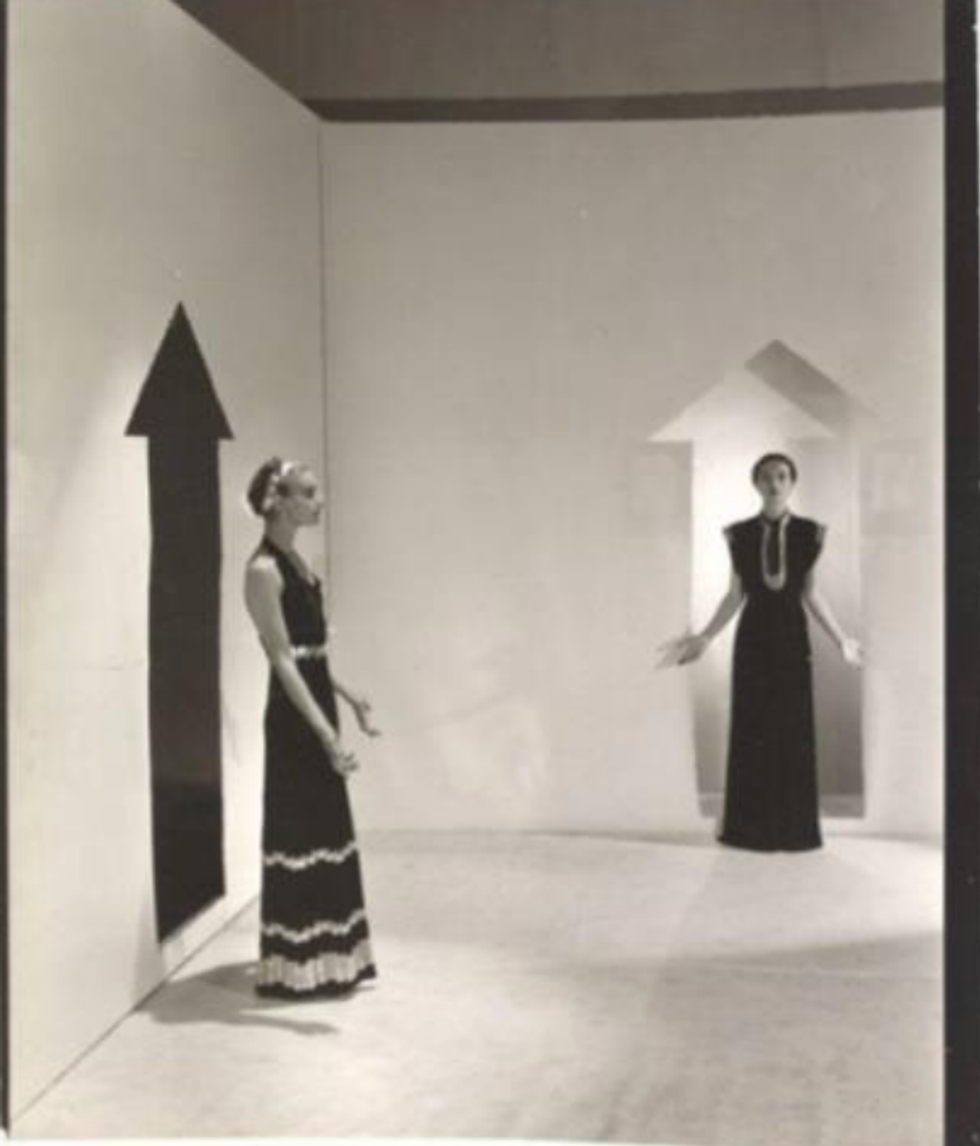The UK government’s Vaccine Taskforce, set up to help with the search for an effective vaccine against the novel coronavirus, on Tuesday (13) issued a call out for more ethnic minorities, and over-65 volunteers to join its clinical studies.
While 270,000 people have signed up to the National Health Service (NHS) Registry set up for such studies, only 11,000 volunteers are from Asian, South Asian and British Asian backgrounds, and just 1,200 are Black, African, Caribbean or Black British.
This means that ethnic minorities are under-represented in vaccine clinical trials taking place across the UK, in contrast to 93 per cent people from non-ethnic minority groups.
“Coronavirus can affect anyone regardless of their background, age or race. To ensure we can find a safe and effective vaccine that works for everyone, we all need to get involved,” said UK business secretary Alok Sharma.
“That’s why we are urging more people to support our incredible scientists and join the 270,000 people who have already signed-up so we can speed up efforts to find a vaccine to defeat this virus once and for all,” he said.
With six different COVID-19 vaccines currently progressing in the UK, including the University of Oxford/Astrazeneca and US biotech company Novavax candidates, the taskforce said thousands of people from different ages and backgrounds are urgently needed to help speed up their development and ensure they work effectively for the whole population.
According to Public Health England (PHE), people from Black backgrounds are statistically more likely to be diagnosed with COVID-19, while death rates are higher for Black and Asian ethnic groups.
“We know that people from Black, Asian and minority ethnic backgrounds are disproportionately affected by Covid in terms of severe disease and mortality," said Dr Maheshi Ramasamy, Consultant in Infectious Diseases and Acute General Medicine and Principal Investigator at the Oxford Vaccine Group.
"So, when we do have a vaccine that we roll out to the general population, it’s really important that we can demonstrate to people from these communities that we have evidence that the vaccine works,” said Ramasamy.
In addition, other vulnerable groups such as people with chronic diseases or over the age of 65 years are also needed to take part in trials.
“The only way to check how well a coronavirus vaccine works is to carry out large-scale clinical trials involving thousands of people” said Kate Bingham, chair of the Vaccine Taskforce.
"Researchers need data from different communities and different people to improve understanding of the vaccines. The only way to get this is through large clinical trials," she said.
She said that her team needs to ensure that the data they do get actually represents people from different backgrounds in the UK.
"This includes people who are over 65, frontline healthcare workers, or have existing health conditions, and we need people from the communities which have been disproportionately affected by the pandemic from Black, Asian and other minority ethnic backgrounds,” added Bingham.
The NHS Vaccine Registry was launched in July to create a database of people who can be contacted by the NHS to take part in clinical studies, to speed up the development of a safe and effective vaccine. People who volunteer may be approached by researchers to discuss taking part in research studies in the UK.
Anyone living in the UK can sign up online to take part in the trials through the NHS, giving permission for researchers to contact if they find a good fit. Once signed up, volunteers are free to withdraw at any time and request for details to be removed from the registry.
It is run by the Vaccine Taskforce, which was set up under the UK government’s Department for Business, Energy and Industrial Strategy (BEIS) in May 2020, with the stated aim of ensuring that the UK population has access to clinically effective and safe vaccines as soon as possible, while working with partners to support international access to successful vaccines.
















 Vogue 1940; Designer Elsa Schiaparelli wearing black silk dress with crocheted collar of her own design and a turbanFredrich Baker/Condé Nast via Getty Images
Vogue 1940; Designer Elsa Schiaparelli wearing black silk dress with crocheted collar of her own design and a turbanFredrich Baker/Condé Nast via Getty Images 'Tears' Evening dress and head veil, designed by Elsa Schiaparelli, February 1938 for Circus Collection, summer 1938. Fabric designed by Salvador Dali Victoria and Albert Museum, London
'Tears' Evening dress and head veil, designed by Elsa Schiaparelli, February 1938 for Circus Collection, summer 1938. Fabric designed by Salvador Dali Victoria and Albert Museum, London Natasha Poonawalla attends The 2022 Met GalaGetty Images
Natasha Poonawalla attends The 2022 Met GalaGetty Images  Vogue 1936; Two models, standing in a white room with arrows painted on walls and wearing dresses by Schiaparelli;Cecil Beaton/Condé Nast via Getty Images
Vogue 1936; Two models, standing in a white room with arrows painted on walls and wearing dresses by Schiaparelli;Cecil Beaton/Condé Nast via Getty Images


 Many of these beaches are tidal and best enjoyed at low tideiStock
Many of these beaches are tidal and best enjoyed at low tideiStock It’s also unofficially clothing-optionaliStock
It’s also unofficially clothing-optionaliStock Framed by the turquoise seaiStock
Framed by the turquoise seaiStock It’s best visited early or late in the dayiStock
It’s best visited early or late in the dayiStock